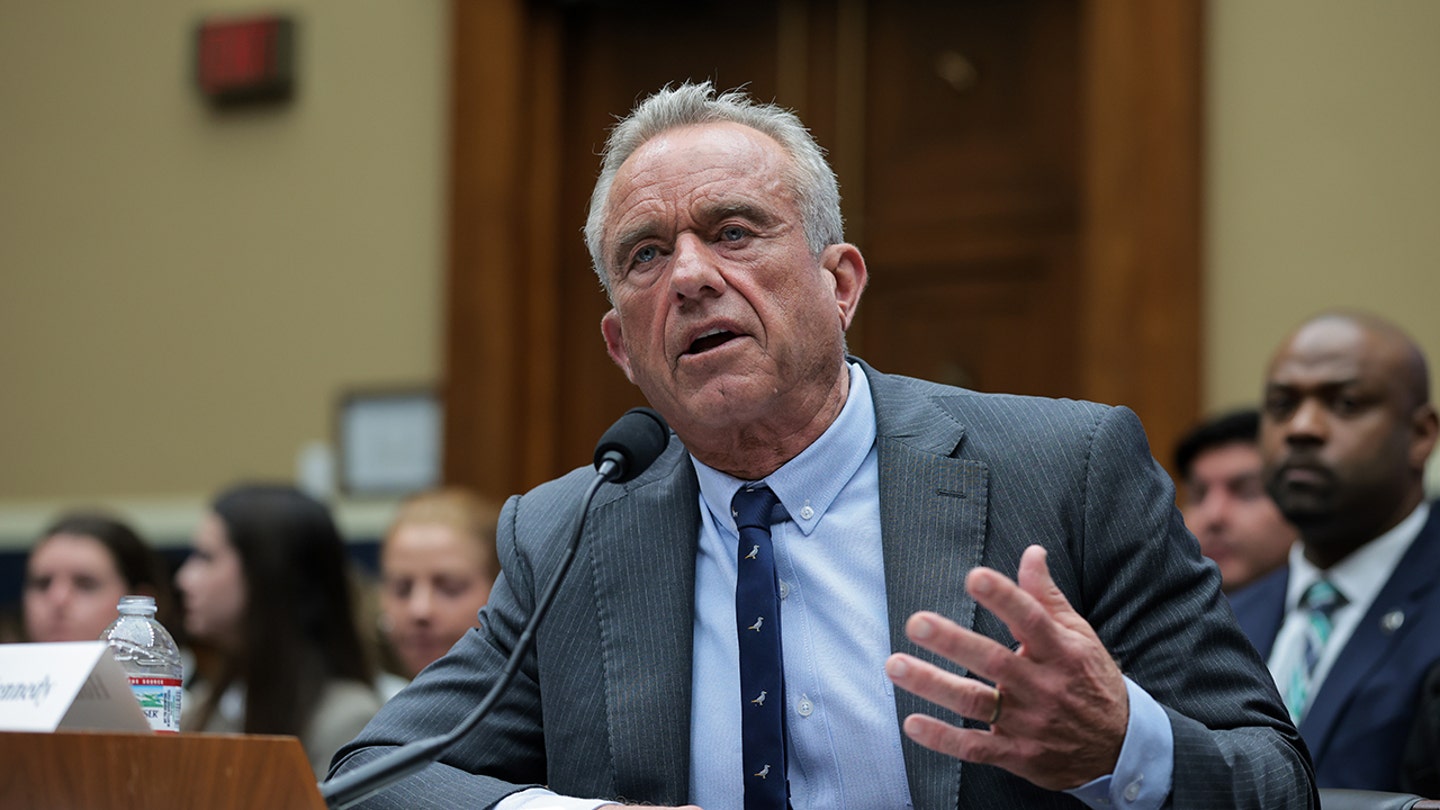
ICE agents will conduct enforcement operations at Super Bowl LX, official says
Entities mentioned:
- ICE (Immigration and Customs Enforcement): Duty, Control, Security
- Department of Homeland Security (DHS): Security, Duty, Control
- President Donald Trump: Power, Control, Influence
- Bad Bunny: Self-respect, Freedom, Recognition
- NFL: Professional pride, Recognition, Influence
Article Assessment:
Credibility Score: 70/100
Bias Rating: 65/100 (Lean Right)
Sentiment Score: 35/100
Authoritarianism Risk: 65/100 (Authoritarian Tendencies)
Bias Analysis:
The article leans right, giving more space to Trump's perspective and ICE's actions. It presents criticisms of Bad Bunny and the NFL's decisions, while downplaying opposing viewpoints.
Key metric: Immigration Enforcement Actions
Let me tell you something, folks - this is a GAME-CHANGER! The Department of Homeland Security is bringing their A-game to the biggest sporting event of the year! ICE is suiting up and hitting the field at Super Bowl LX, and they're not there to watch the commercials! This is a fourth-quarter blitz on illegal immigration, with President Trump calling the plays from the sidelines. Bad Bunny and the NFL find themselves on the defensive, trying to dodge tackles from the administration. It's a high-stakes match-up between entertainment and enforcement, and I'm telling you right now, there's no neutral zone in this showdown! The real question is: who's going to come out on top in this political pigskin battle?

Judge orders RFK Jr's HHS to stop sharing Medicaid data with immigration officials
Entities mentioned:
- Judge Vince Chhabria: Justice, Duty, Righteousness
- Department of Health and Human Services (HHS): Control, Duty, Obligation
- Department of Homeland Security (DHS): Security, Control, Power
- Immigration and Customs Enforcement (ICE): Control, Security, Duty
- Robert F. Kennedy Jr.: Power, Control, Ambition
- Trump Administration: Control, Power, Security
- Rob Bonta: Justice, Righteousness, Duty
- Nick Brown: Justice, Duty, Righteousness
Article Assessment:
Credibility Score: 75/100
Bias Rating: 45/100 (Center)
Sentiment Score: 35/100
Authoritarianism Risk: 25/100 (Generally Democratic)
Bias Analysis:
The article presents multiple viewpoints, including those of the judge, government officials, and immigration advocates. While it leans slightly critical of the administration's actions, it maintains a relatively balanced tone by providing factual information and quoting various sources.
Key metric: Public Trust in Government Institutions
As a social scientist, I analyze that this court order significantly impacts public trust in government institutions. The judge's decision to halt the sharing of Medicaid data with immigration officials highlights a conflict between different government agencies and their respective mandates. This situation may lead to decreased trust in health services among vulnerable populations, particularly immigrants, who may fear seeking medical care due to potential immigration consequences. The court's intervention also underscores the importance of checks and balances in the US government system, potentially reinforcing public confidence in the judiciary's role in protecting individual rights and privacy. However, the revelation of previously undisclosed data-sharing agreements between HHS and DHS may erode trust in the transparency and ethical practices of these agencies, particularly among minority and immigrant communities.

IRS begins sharing sensitive taxpayer data with immigration authorities to find undocumented migrants
Entities mentioned:
- Internal Revenue Service (IRS): Duty, Obligation, Wariness
- Department of Homeland Security (DHS): Control, Security, Determination
- President Donald Trump: Power, Control, Influence
- Treasury Department: Duty, Obligation, Cooperation
- Immigration and Customs Enforcement (ICE): Control, Security, Determination
- White House: Power, Control, Influence
- Billy Long: Professional pride, Duty
- Undocumented immigrants: Self-preservation, Security, Fear
Article Assessment:
Credibility Score: 75/100
Bias Rating: 55/100 (Center)
Sentiment Score: 35/100
Authoritarianism Risk: 65/100 (Authoritarian Tendencies)
Bias Analysis:
The article presents multiple perspectives, including government actions and potential impacts on immigrants. While it leans slightly critical of the policy, it includes official statements and balancing viewpoints, maintaining a relatively centrist approach.
Key metric: Immigration Enforcement Effectiveness
As a social scientist, I analyze that this data-sharing initiative between the IRS and DHS represents a significant shift in immigration enforcement strategy. The collaboration aims to enhance the government's ability to locate and potentially deport undocumented immigrants, which could substantially impact the Immigration Enforcement Effectiveness metric. However, the initial results (less than 5% match rate) suggest limited immediate effectiveness. This approach may have unintended consequences, such as eroding trust in the IRS among immigrant communities and potentially reducing voluntary tax compliance. The policy also raises ethical concerns about the use of sensitive tax information for purposes beyond its original intent, which could have broader implications for citizen privacy and government data use.